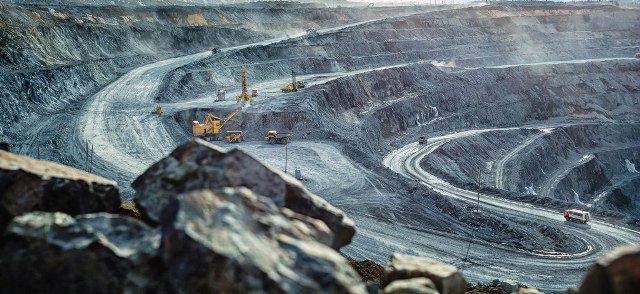The Adani Godda coal-fired power plant, due to start generation on 16 December and fuelled by coal shipped from Adani’s Carmichael mine in Australia, will supply expensive power to Bangladesh, a new report by the Institute of Energy and Economic Financial Analysis (IEEFA) said.
IEEFA Author Simon Nicholas says in its report it was known years ago that power from Adani’s Godda plant fuelled by Carmichael coal would be expensive.
Simon Nicholas is IEEFA’s Lead Energy Finance Analyst for Bangladesh, Pakistan and the global steel sector as well as Asian seaborne thermal and coking coal markets.
“Coal is being imported from Carmichael and railed 700km from port to the Godda power plant in Jharkhand state, India. The full cost of this is being passed onto Bangladesh. Power from Godda will then be exported to Bangladesh, reportedly costing almost double the initial expectation at around US$150/megawatt hour (MWh).
“During the Carmichael coal mine’s protracted development phase, backers of the Queensland project often stated that the project was needed to help people out of poverty in South Asia. This was merely coal industry spin. If anything, it is doing the exact opposite.”
The original plan for Godda was to use local coal mined in Jharkhand state. The plan was later changed to use Carmichael coal and lock the Bangladesh Power Development Board (BPDB) into a power purchase agreement that allows Adani to import coal into an Indian coal mining state from Australia and pass the full cost onto Bangladesh.
The power plant will begin generating at the end of a year that has seen Bangladesh’s dependence on fossil fuel imports become a crisis amid record high prices. Credit rating agency Moody’s placed Bangladesh under review for a downgrade in early December 2022, citing its rapidly declining foreign exchange reserves driven by rising costs for energy imports.
The burden of fossil fuels has led to power blackouts and growing pressure to increase consumer power tariffs significantly. School and office hours have been cut in Bangladesh during the year to curb rising fuel costs.
Bangladesh will be impacted as power from the Godda power plant to be exported to Bangladesh will be very expensive.
This price is two and a half times the price at which the state-owned utility BPDB sells power to distributors.
The gap in price at which the BPDB buys and sells power has to be covered by government subsidies that are becoming unaffordable and will lead to the need to increase power tariffs significantly to transfer the burden onto consumers.
In November 2022, the tariff at which the BPDB sells power to distributors was increased 20 percent and the power distribution companies are now submitting proposals to increase retail tariffs by the same amount.
The Adani Godda coal power plant will add to the growing cost of power purchases from Independent Power Producers (IPPs), adding to the worsening financial pressure that the BPDB finds itself under and to rising pressure to shift that burden onto consumers via power tariff increases.
The BPDB has not been able to pay IPPs since May 2022 and currently owes them five months of payments amounting to US$2.5 billion.
Bangladesh approached the International Monetary Fund (IMF) for a $4.5 billion loan in July 2022 to help it cope with the mounting economic pressure. The reduction in power subsidies via tariff increases is likely to be an IMF condition on the loan.

